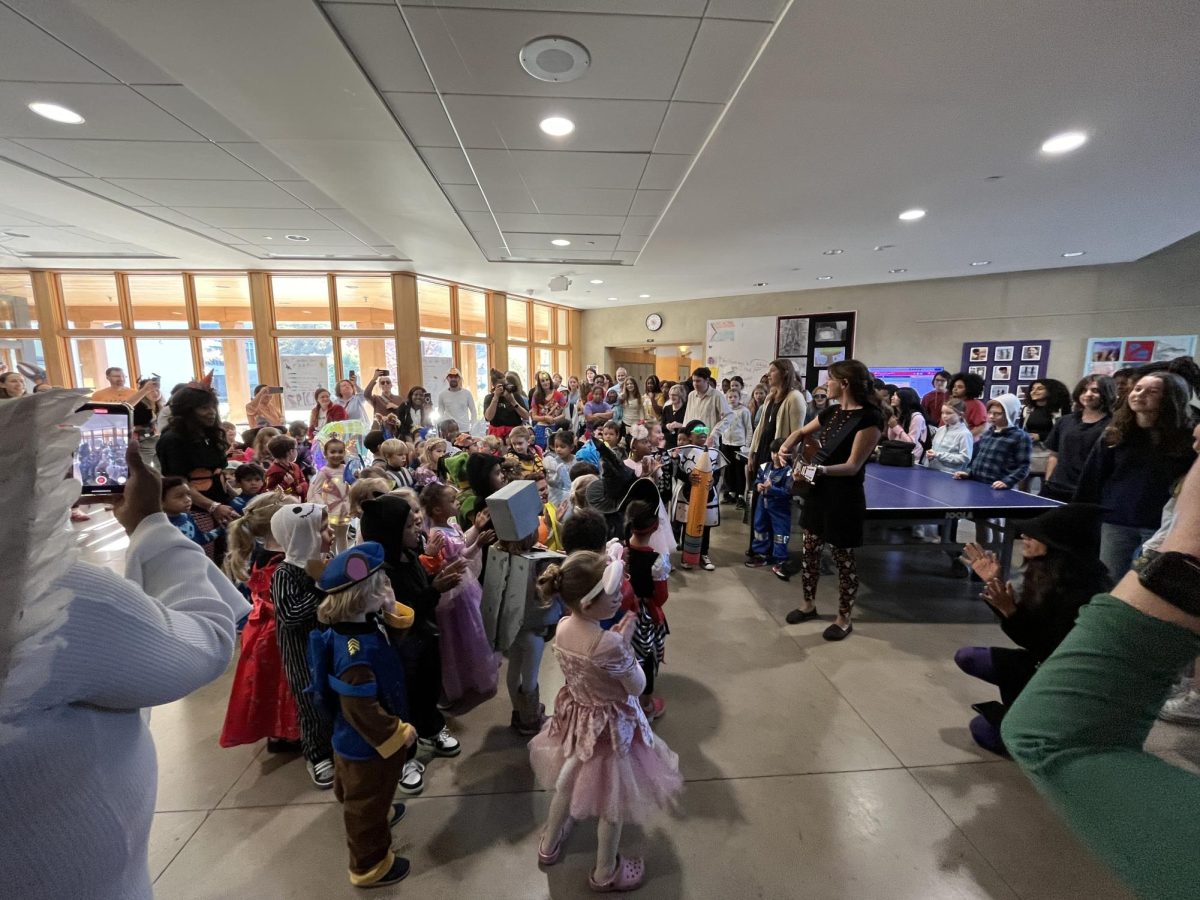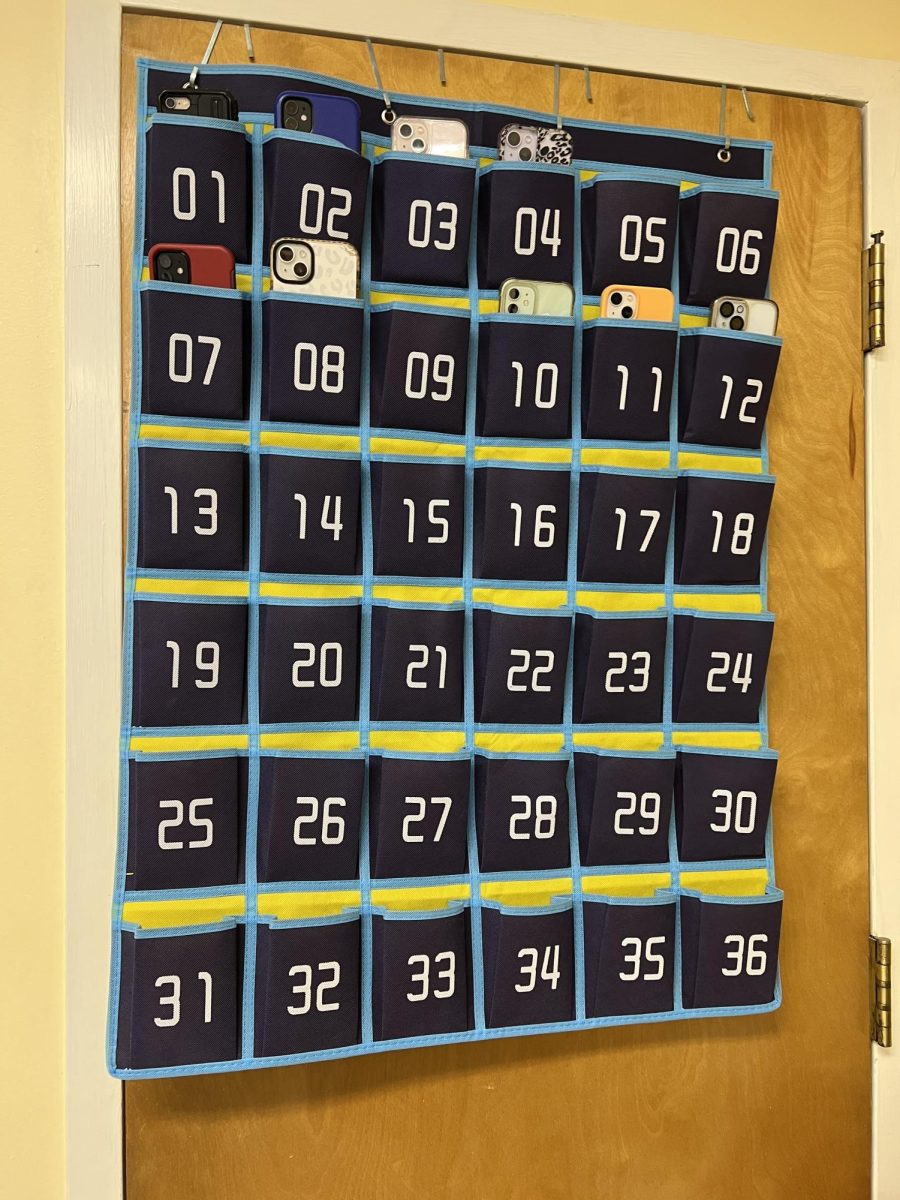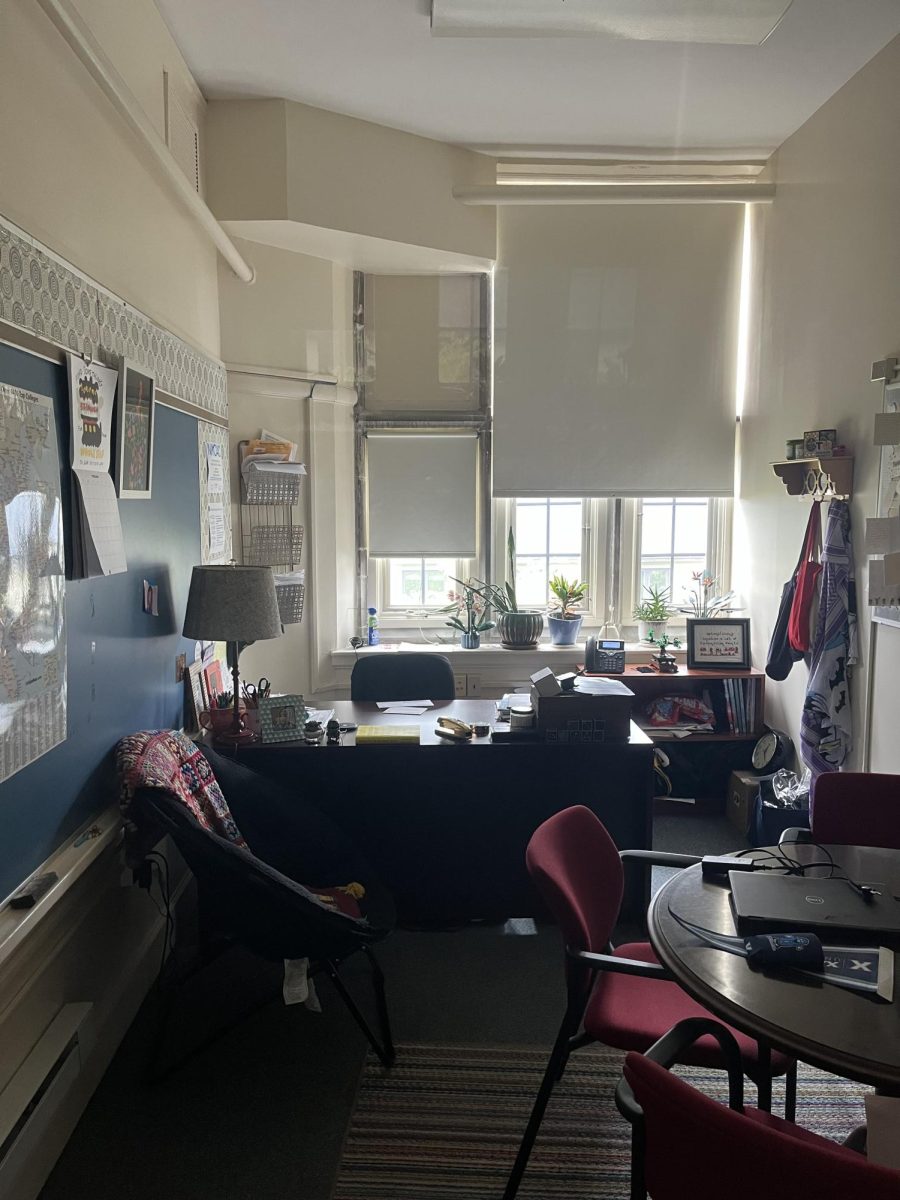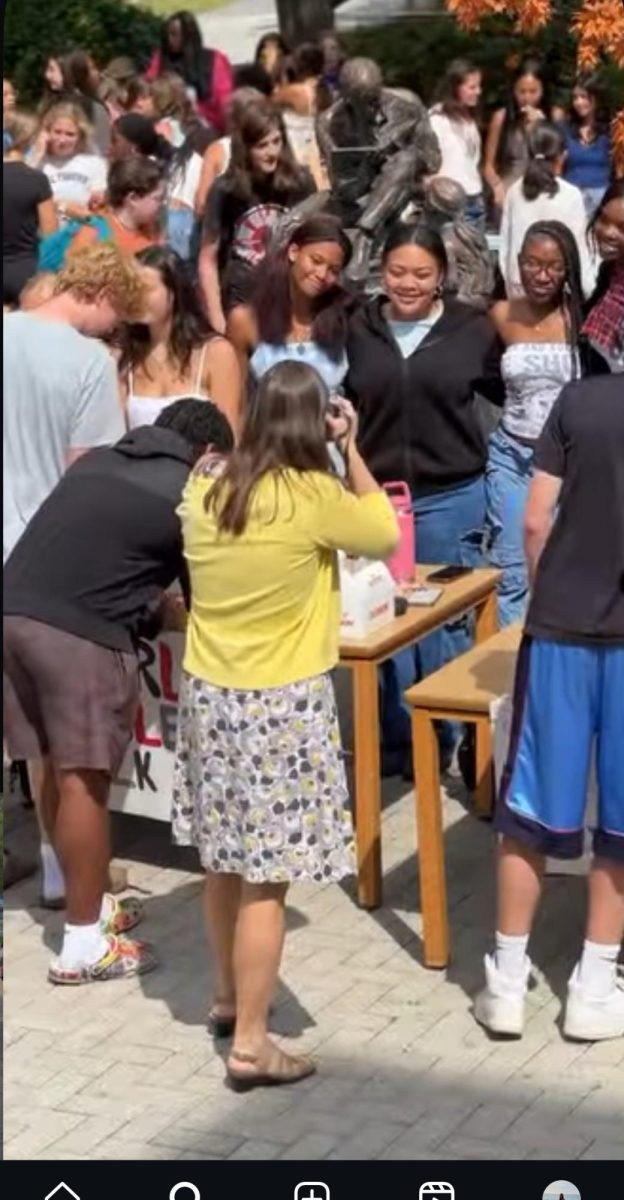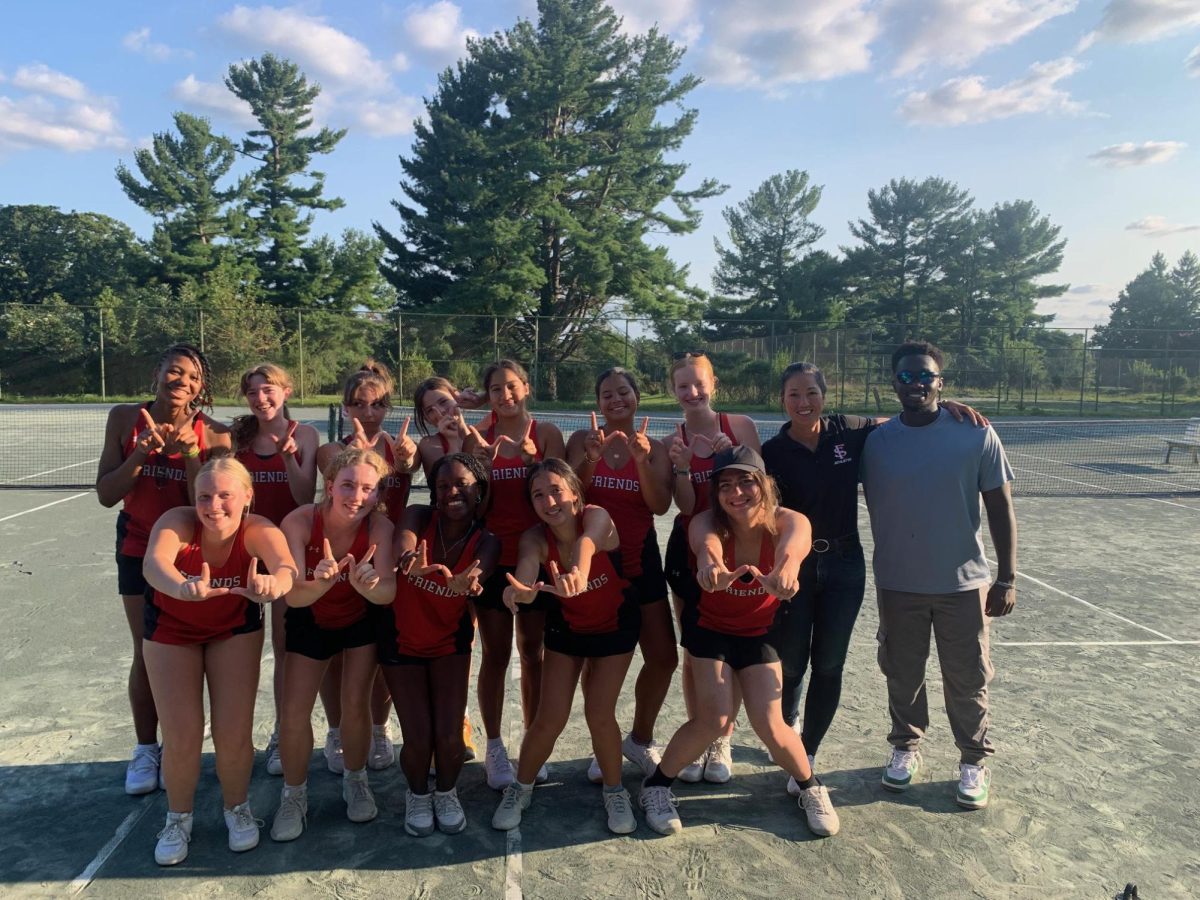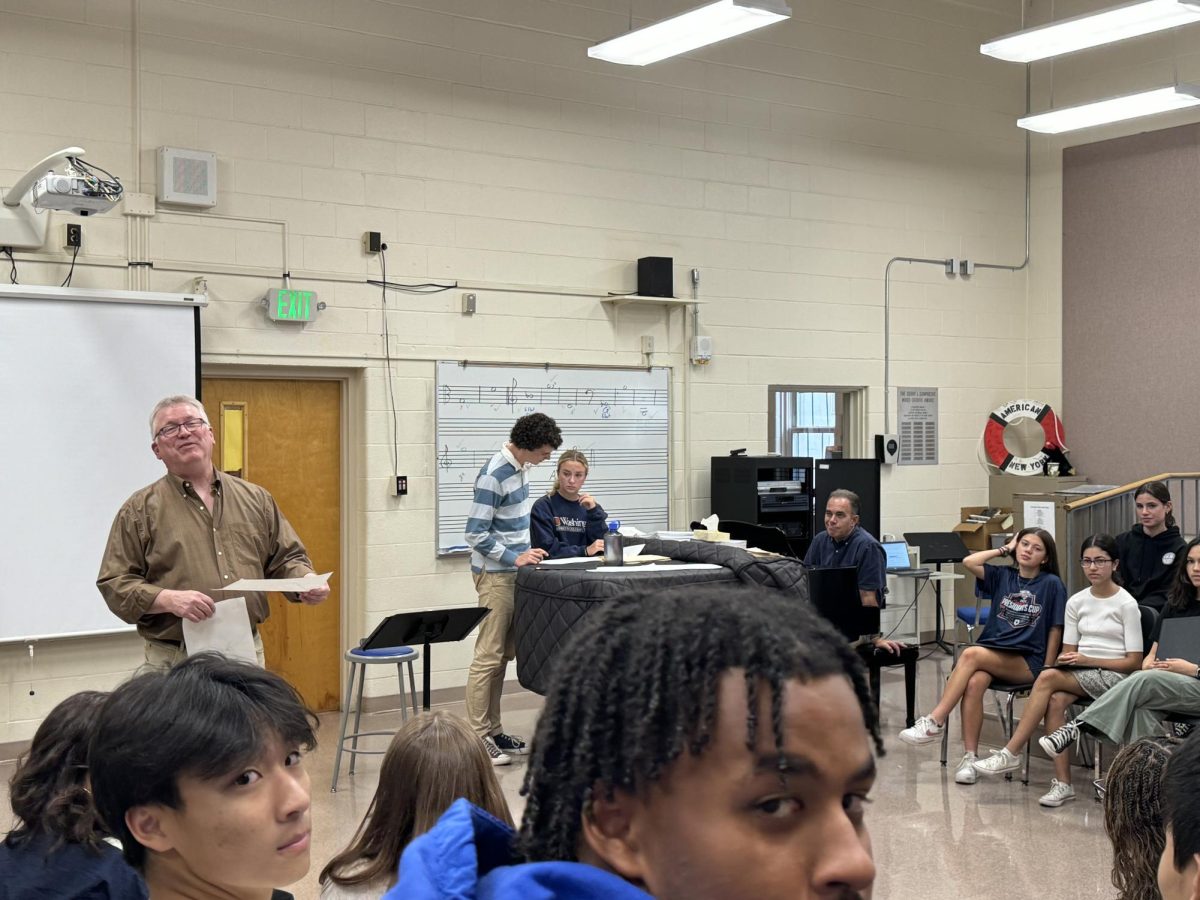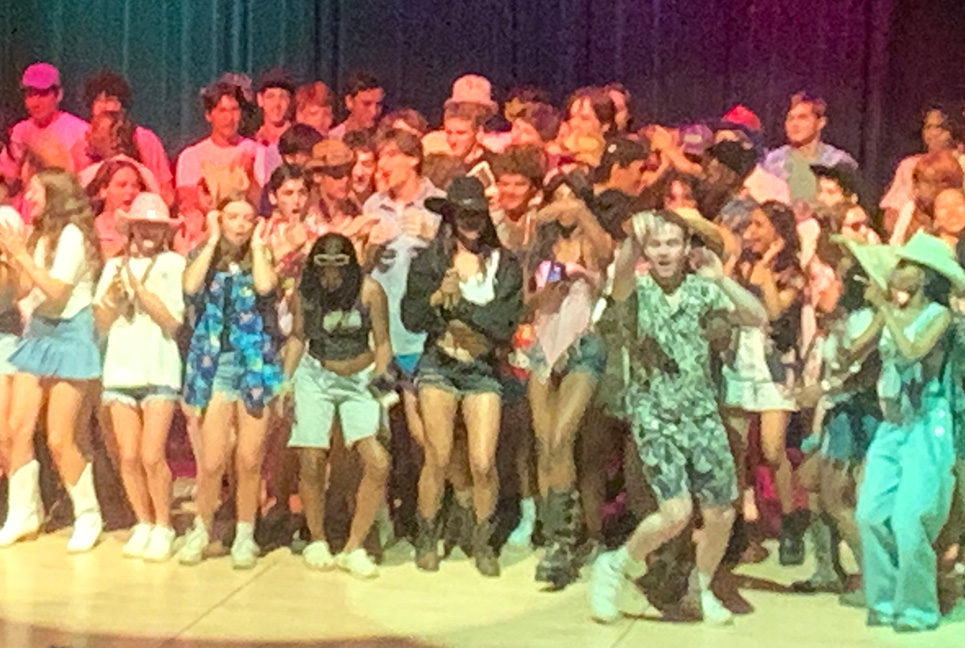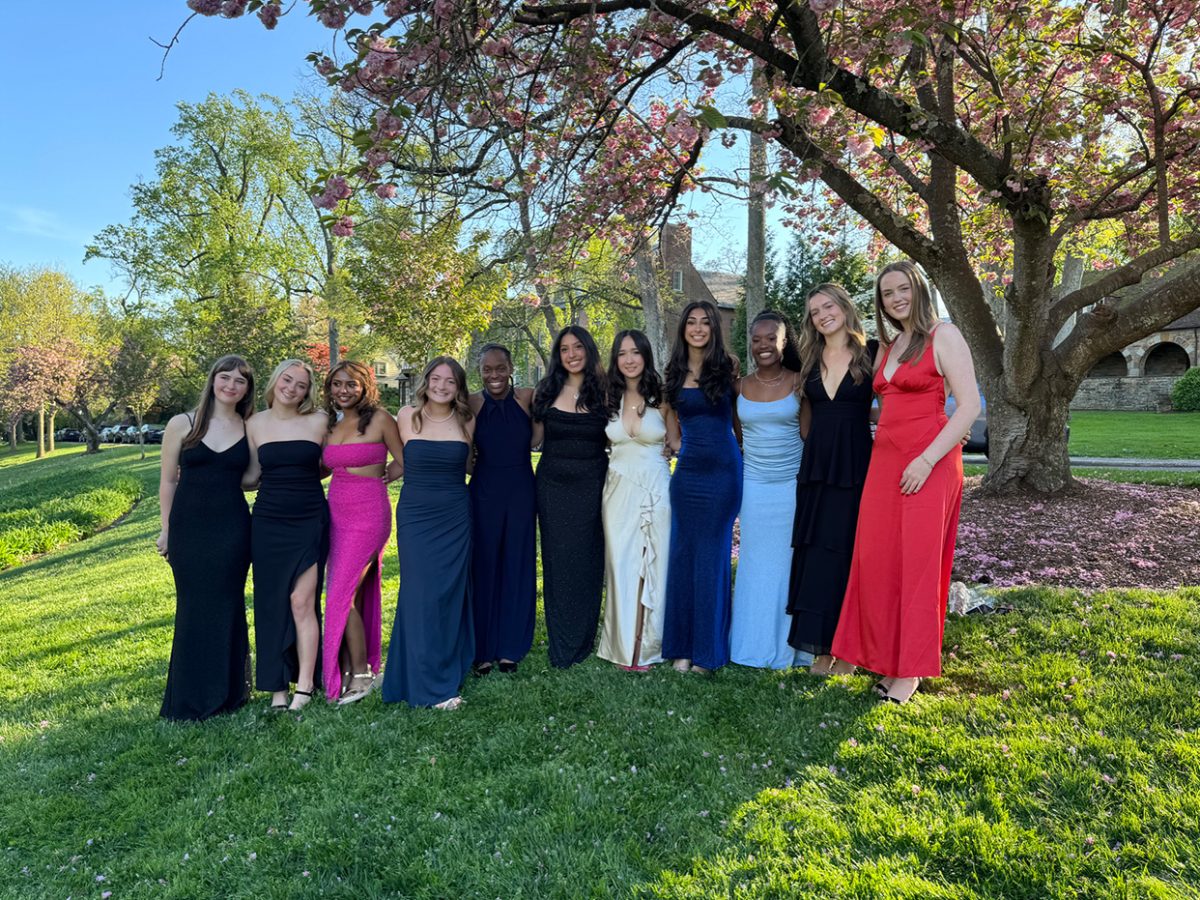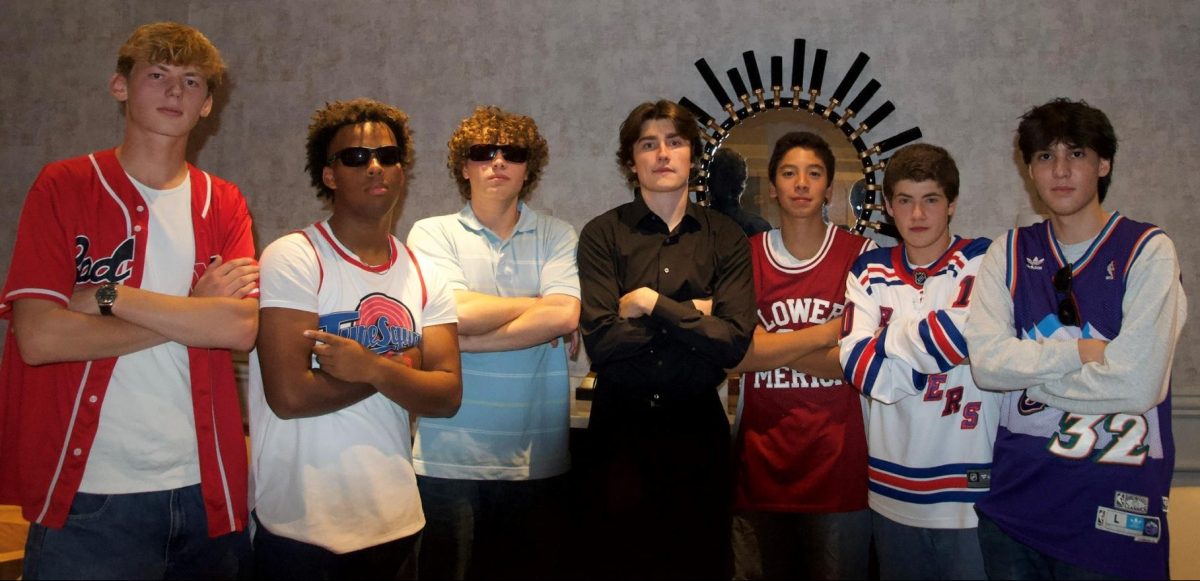COVID’s Impact on 9th Graders
Entering high school in a pandemic is anything but normal.
Freshmen played get-to-know-you games on Deering Field
December 19, 2020
Transitioning to the Upper School at Friends is usually an exciting time with lots of change. There are many more freedoms, responsibilities, clubs, choices, and new kids. People are trying lots of new things and getting used to the new Upper School environment.
“All of a sudden you have an independence that you didn’t really have when you were in middle school, and you have a little bit more freedom, and time to hang out with your friends and just get to know people,” says Ninth Grade Dean Christine Saudek, “and just feeling like you decide what you’re going to do with your time.”
But in the midst of a pandemic, the experience is completely different.
To keep students and faculty safe from the virus and still be able to come on campus, there are lots of measures that everyone needs to observe, such as staying 6 feet apart and wearing masks all the time. Because most of these measures go against human nature, students need to be supervised and accounted for much more than normal to ensure that they don’t break the rules. All of these things make it harder for 9th graders to socialize and bond with each other the way they usually do.
“It’s just a whole different way of interacting and getting to know people,” says Ms. Saudek.
What’s missing this year
It is especially difficult for new students to make connections. Things that helped connect people in years past, like chatting in the hallways or playing on the turf during morning break, have now disappeared.
“I miss seeing everyone in class, and the little interactions that you had with people in the hallways,” says Kaya Banerjee, a 9th grader returning to Friends.
Many large-scale bonding activities are also impossible this year. There are no field trips, boisterous Collections, movie nights, or any big events that students previously enjoyed.
Assistant 9th grade dean and 9th grade History teacher Josh Carlin says there’s a lot this year’s freshmen are missing.
“In a traditional year, there is a week-long Smart Start where the first two days are for new students, and the last two are for the whole grade,” says Mr. Carlin. “So before school even begins, the whole grade has spent two days together going to the original Friends School, having lunch together, and bonding. That first week is huge.”
In years past, Carlin says, the grade has had a movie night in the fall, and a Biology trip to the Eastern Shore.
“Between all of those things, that’s a lot of bonding time,” he says. “The challenge this year is that we’ve had none of that.”
In a regular school year, 9th graders make connections through after school sports, activities, and clubs as well. This year, many cannot operate how they usually would.
Not only did these activities form connections between transitioning 9th graders, but they allowed students to take their talents and passions to the next level in high school, with more structured clubs, sports, and activities, and more events, participants, and excitement.
It’s harder over Zoom
Adding to the difficulties 9th graders face this year, distance learning and social distancing measures make it harder to learn. Internet connectivity issues have caused students to miss important announcements, material, or explanations. Some students aren’t able to work as efficiently on their own.
“I just don’t get the same experience when learning on Zoom then when I’m in person,” says returning 9th grader Noah Ripke. “When you’re in person, you tend to talk much more than when you’re over Zoom.”
“Everybody’s situation is different,” adds Saudek. “Some people have a caregiver at home to help with distance learning, and some people don’t because theirs are off doing their jobs. And I think some of the kids who don’t have the luxury of having someone at home and being able to ask questions when they don’t understand something, sometimes they’ll just say that they’ll leave it for another time and then they don’t end up doing it.”
We can do this
Despite everything being restricted and changed, students are navigating it with creativity and resilience. People can still socialize to some extent at school, and new students can still form connections. Many clubs, while online, are still functioning, and many haven’t changed much.
Saudek offered some advice for 9th graders.
“Everybody is here to help and wants you to succeed,” she says. “Use your teachers. Ask questions. If you don’t understand something, get in touch with somebody. If you’re not able to do the homework, get in touch with your teacher that night. People are understanding.”
Also, Carlin said, “if every returning 9th grader reaches out to one new student, that will go a long way.”
“We just have to be patient,” says Saudek. “It’s a trying time for everybody. It’s a trying time for the students. It’s a trying time for the teachers. We just have to be optimistic about it and know that we are eventually going to get through it.”

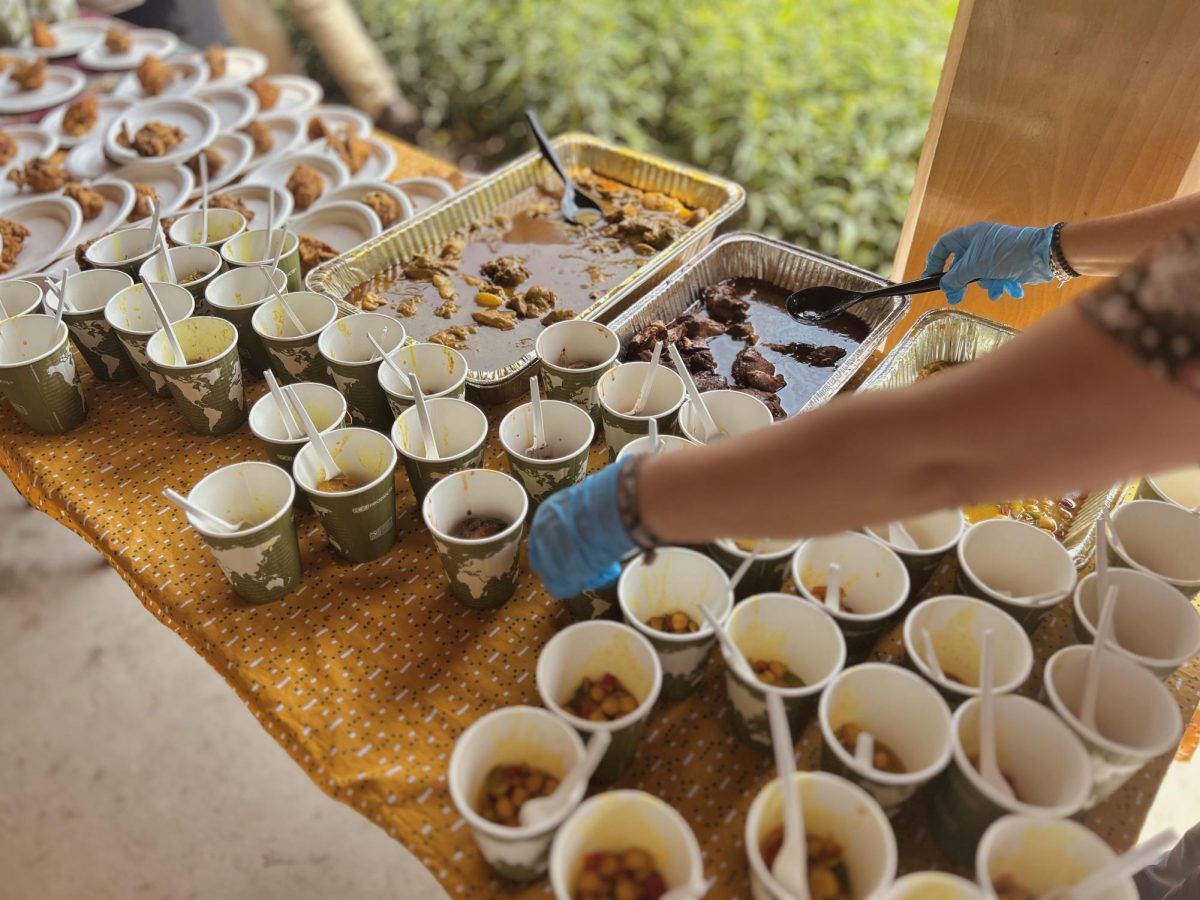
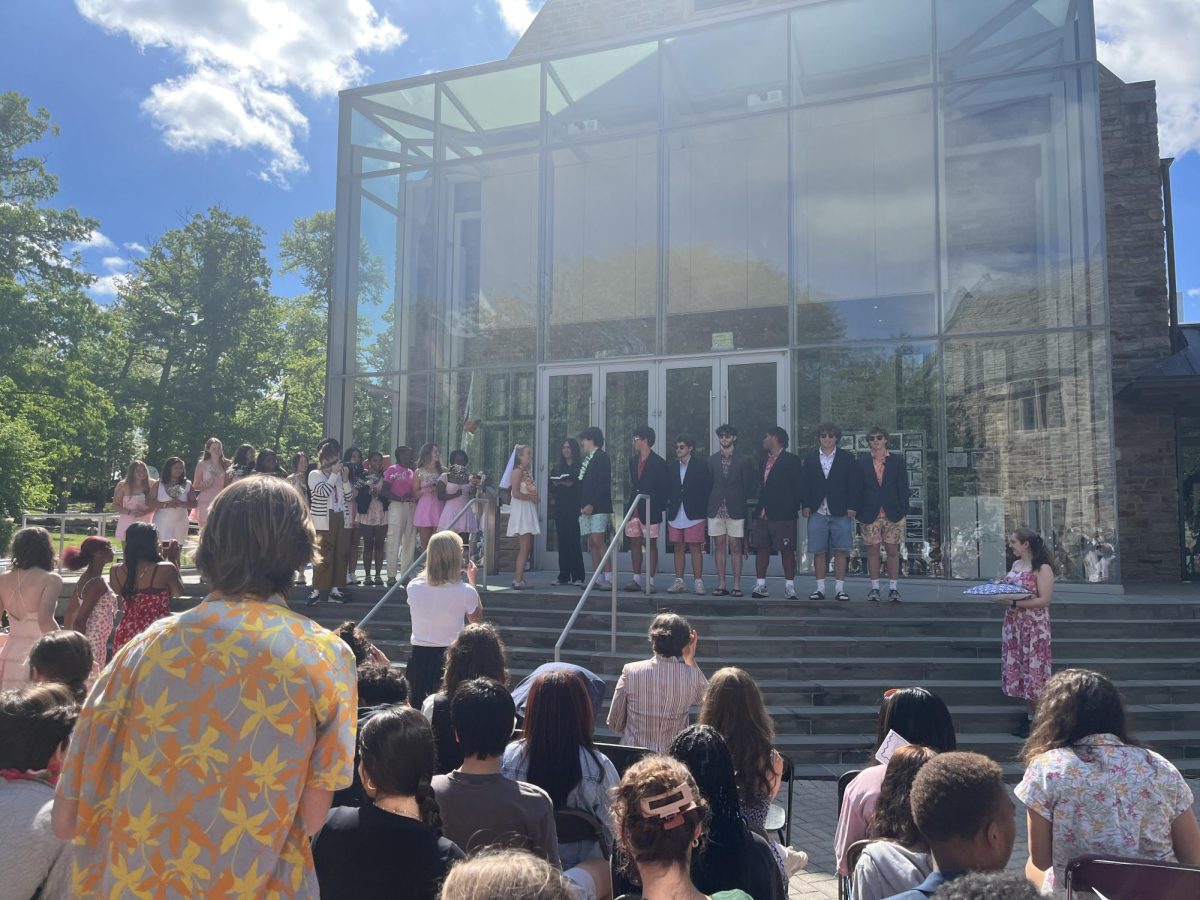
![A Phone Ban at Friends? [Podcast]](https://thequakerquill.org/wp-content/uploads/2025/05/magenta-VrRT19_ZjUY-unsplash-1200x900.jpg)
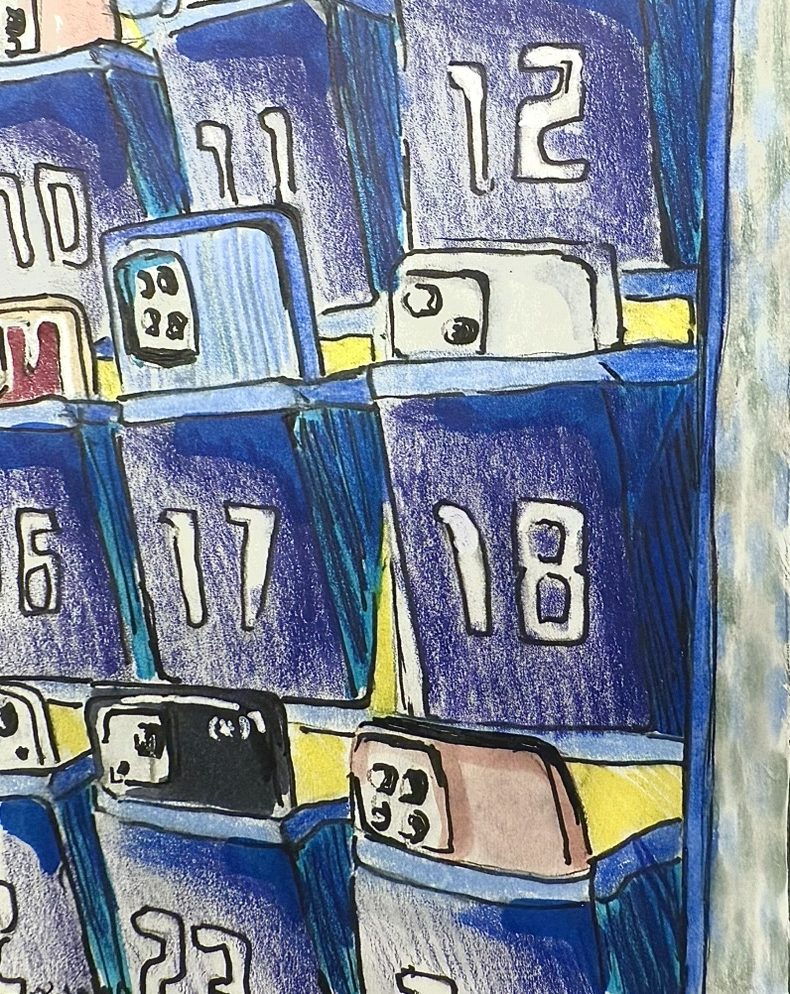




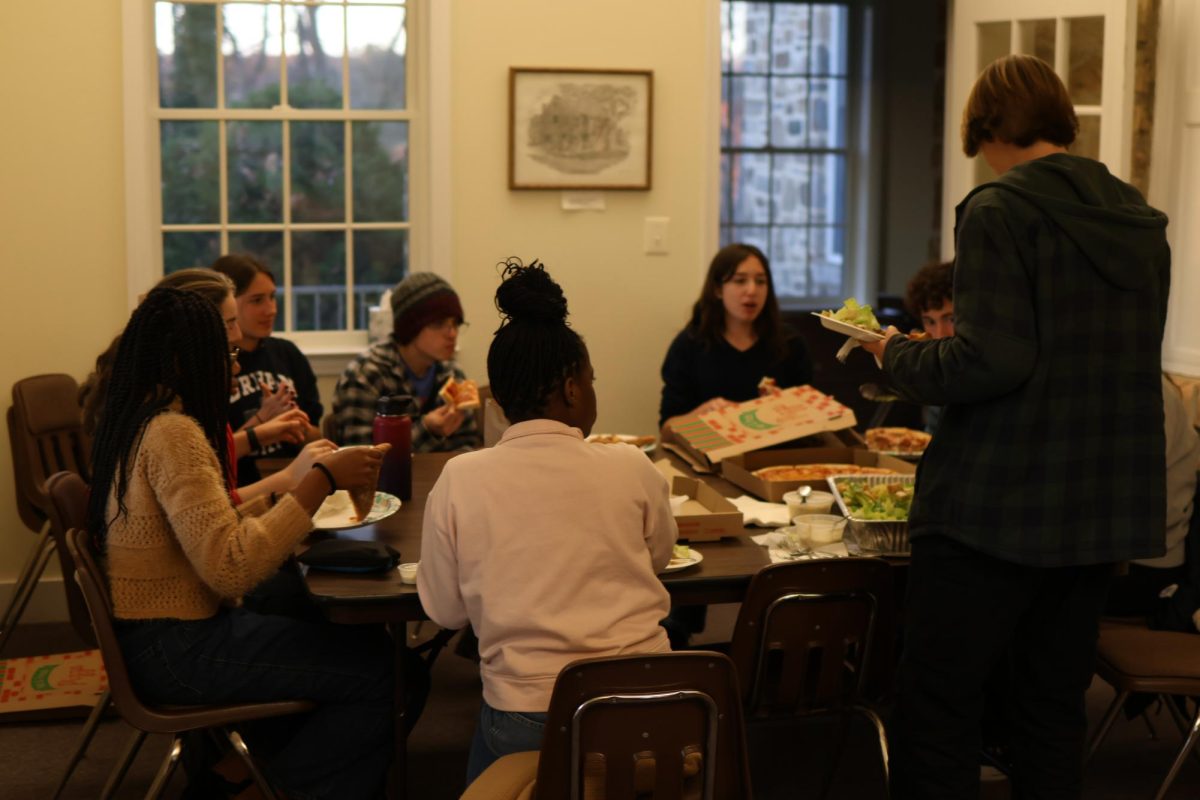

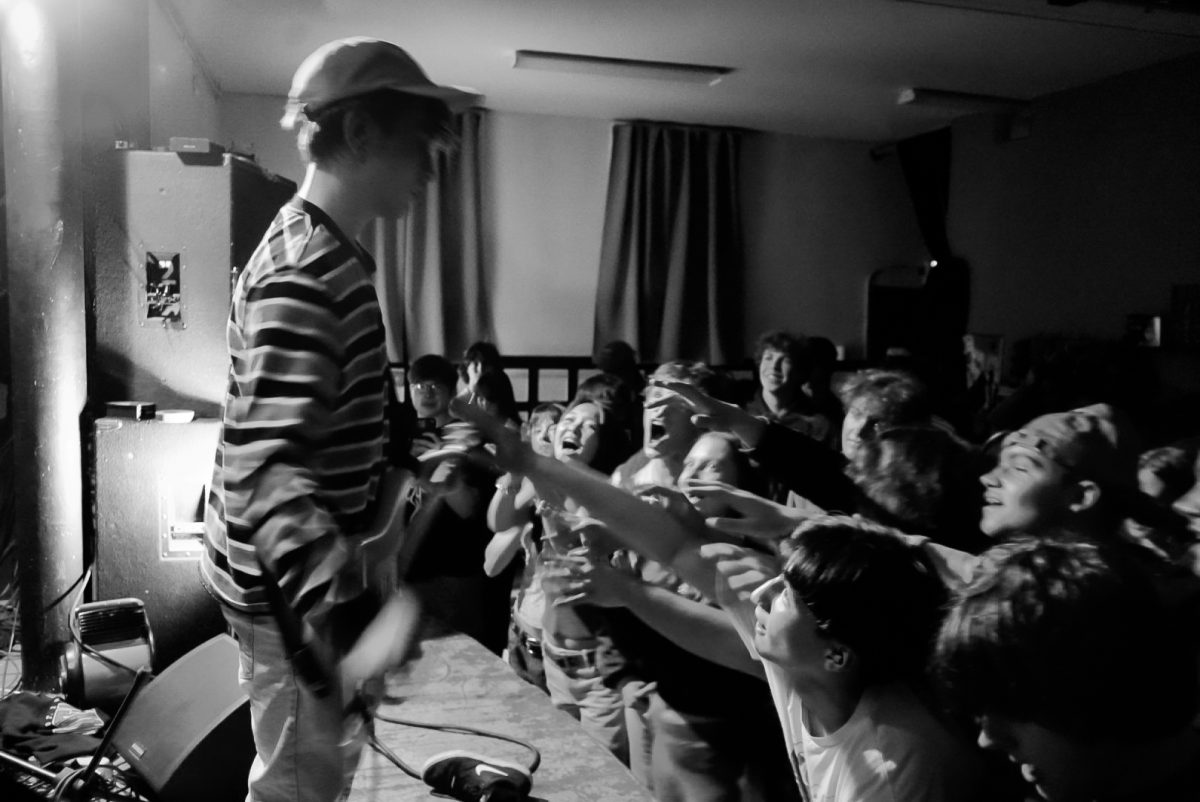

![How Freestyle Club Began [Podcast]](https://thequakerquill.org/wp-content/uploads/2025/05/charly-alvarez-Jv9untmB7G4-unsplash-1200x800.jpg)
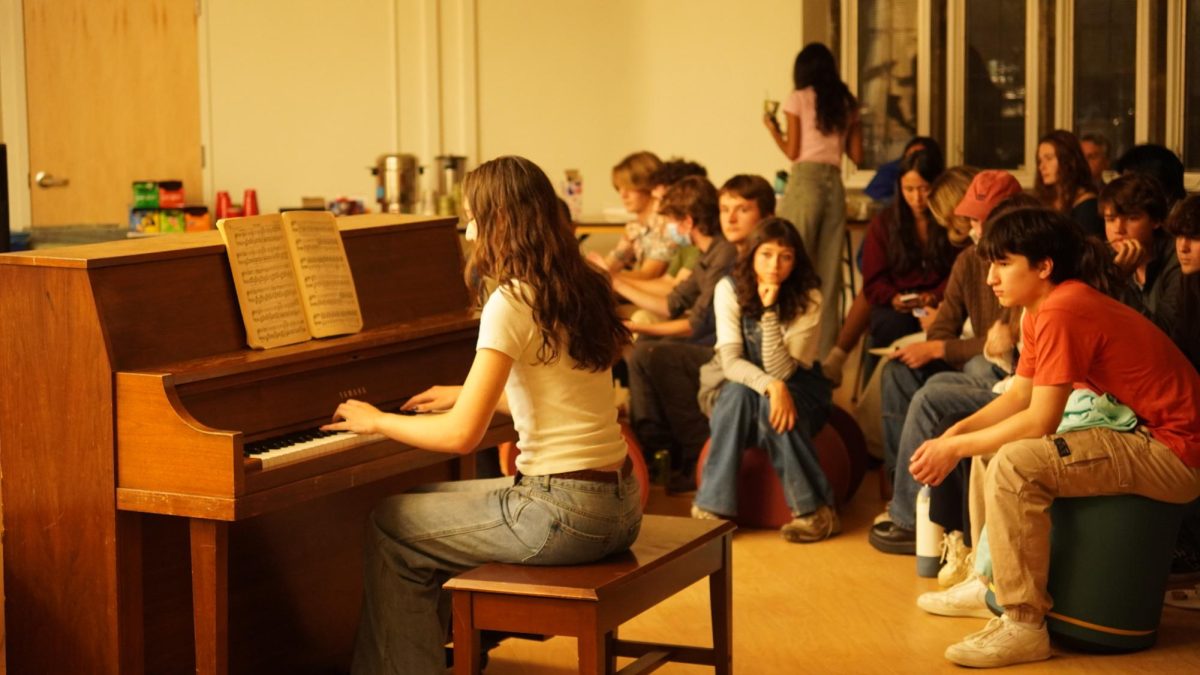
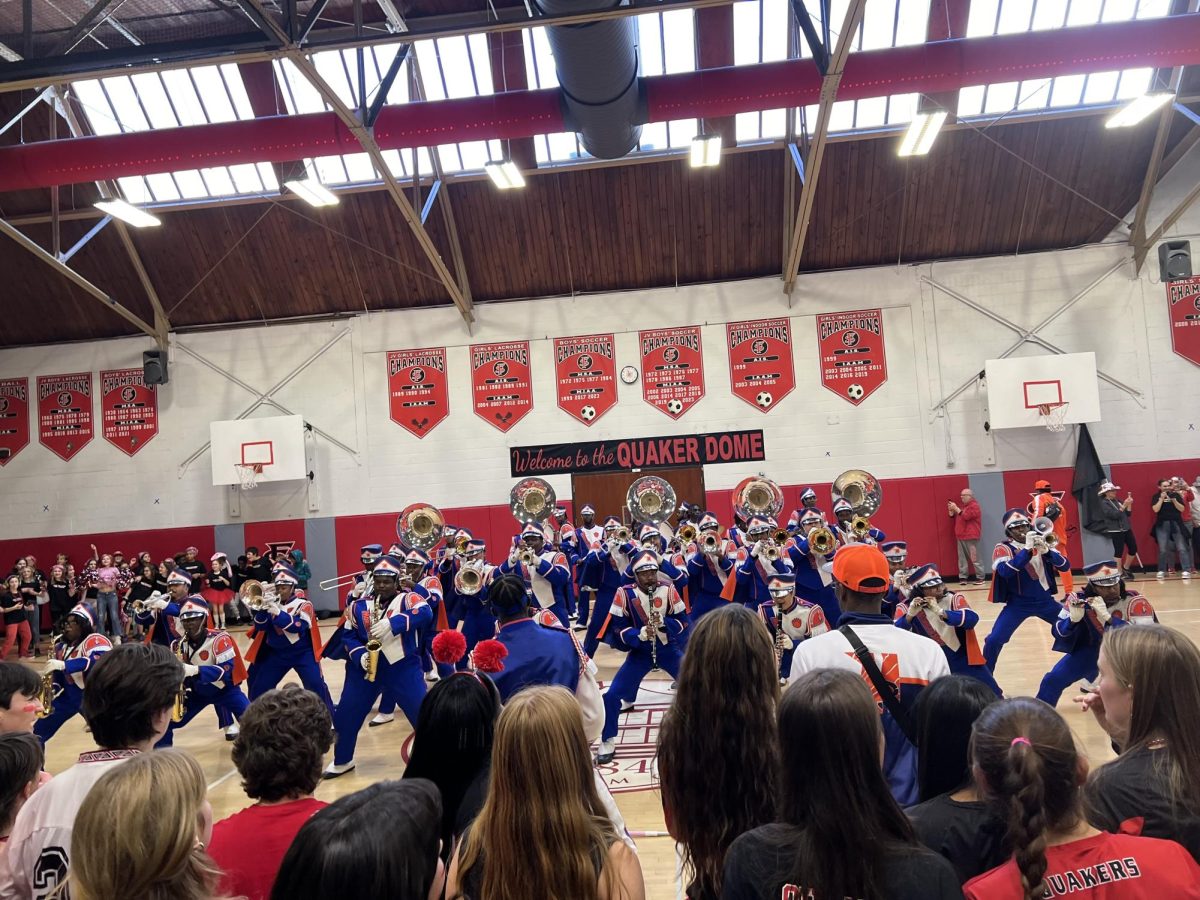
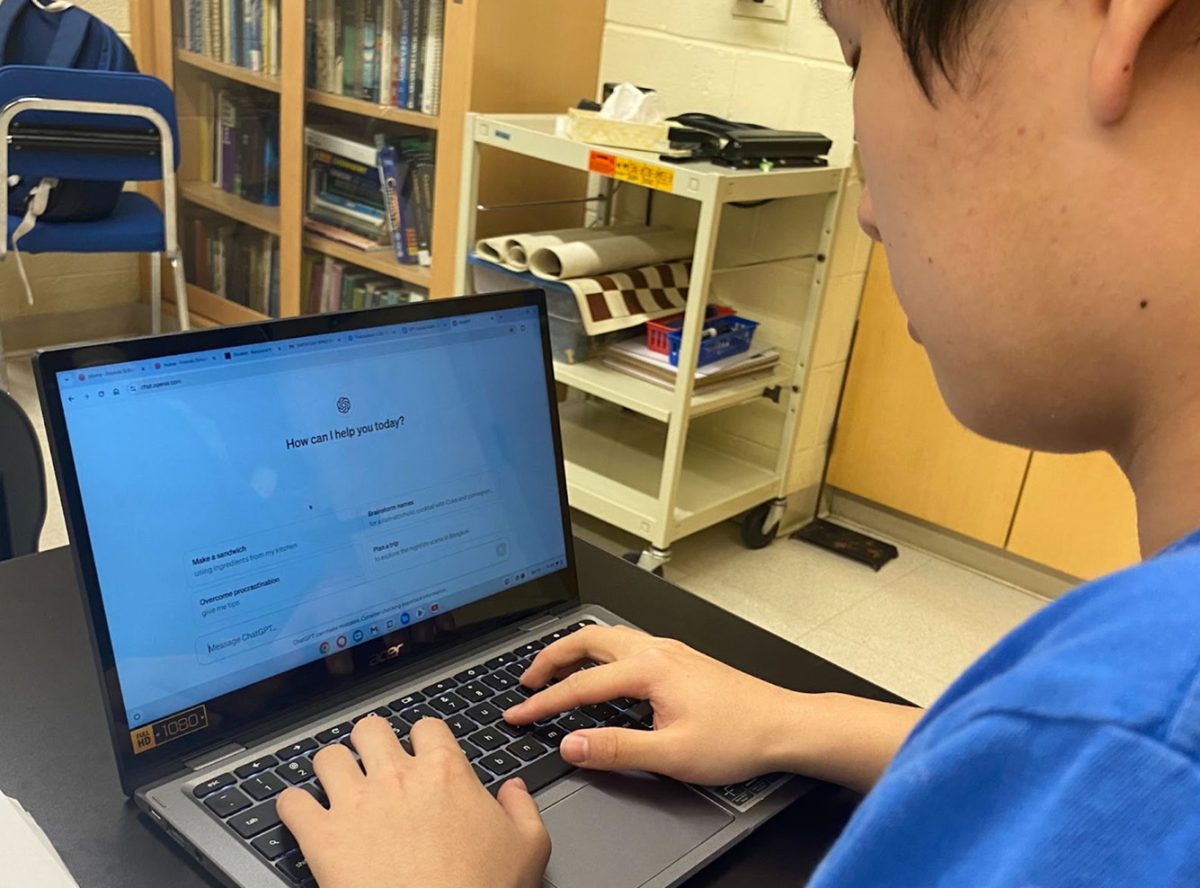
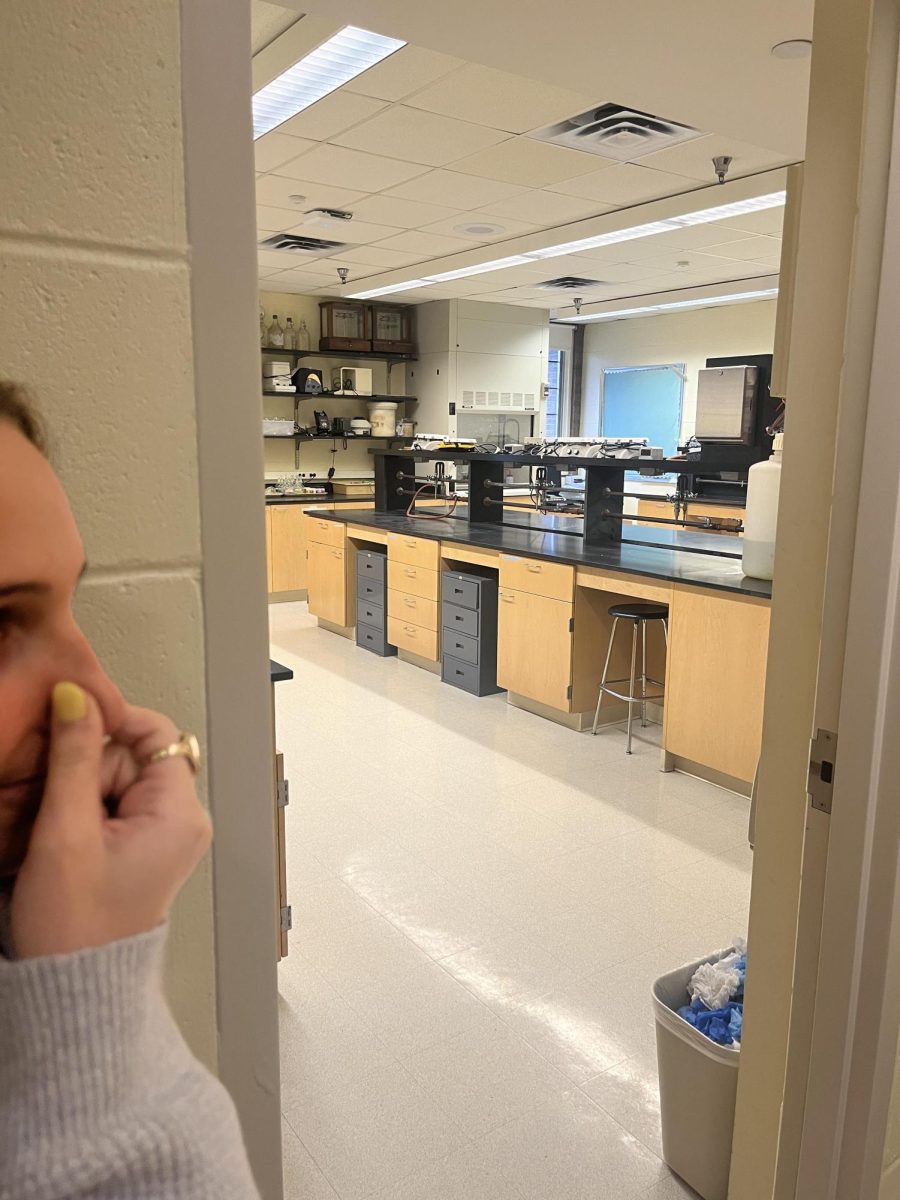
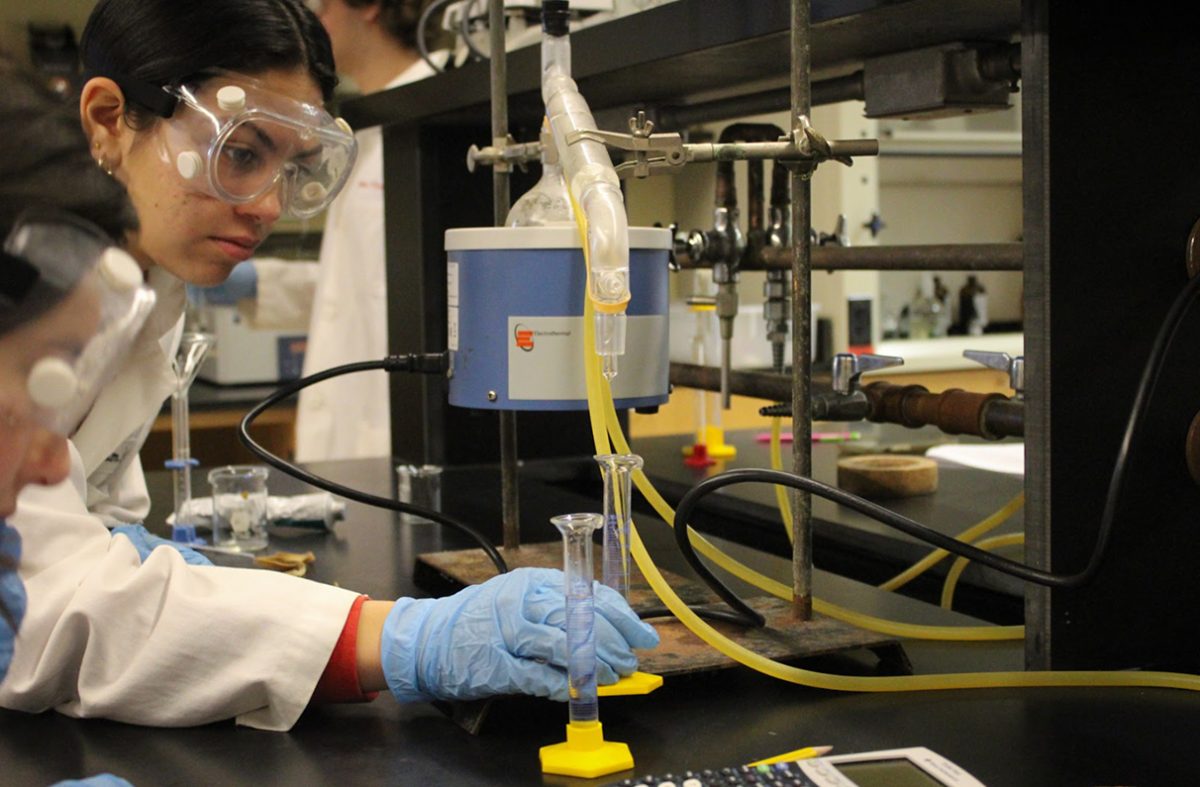
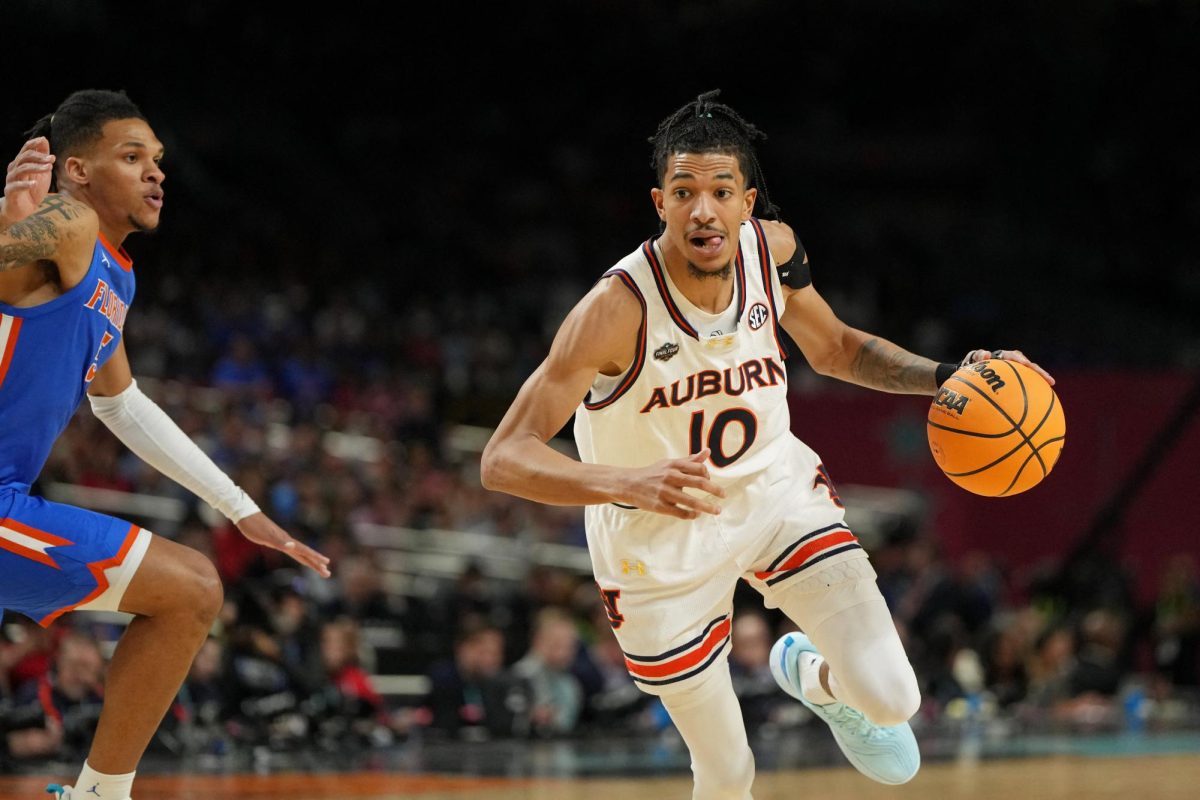
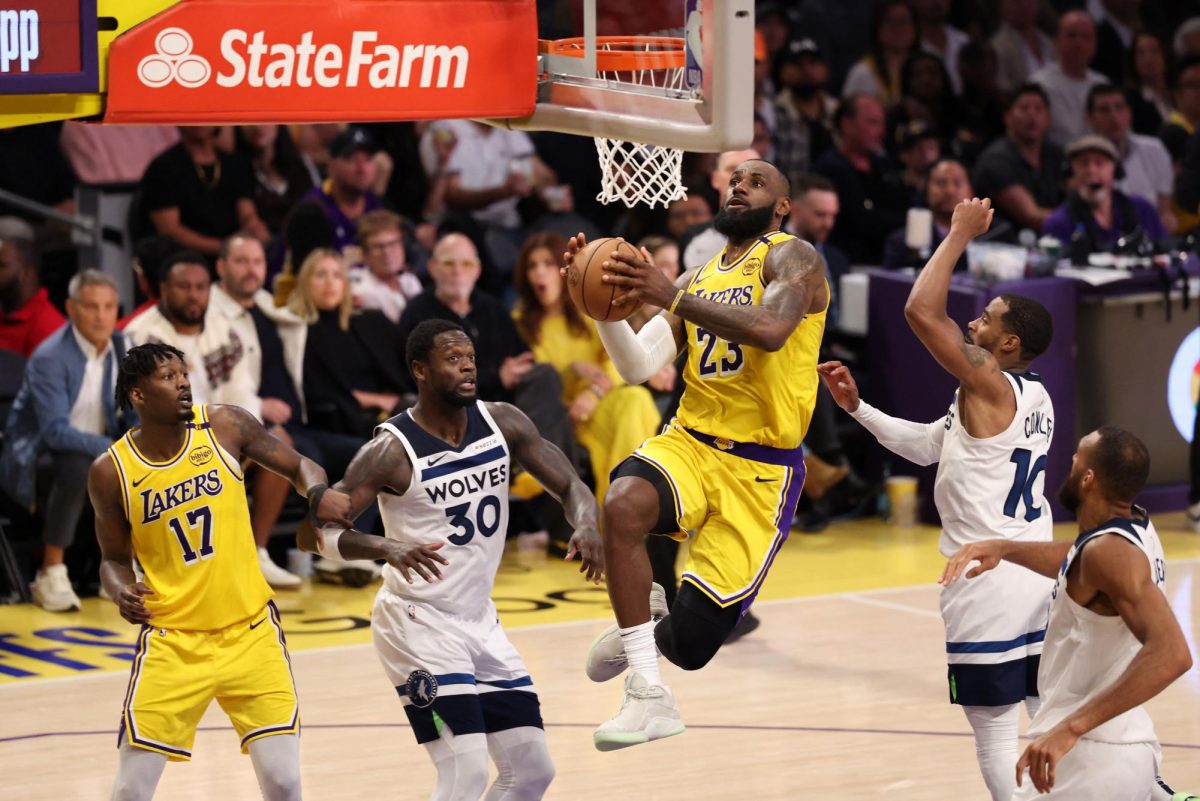
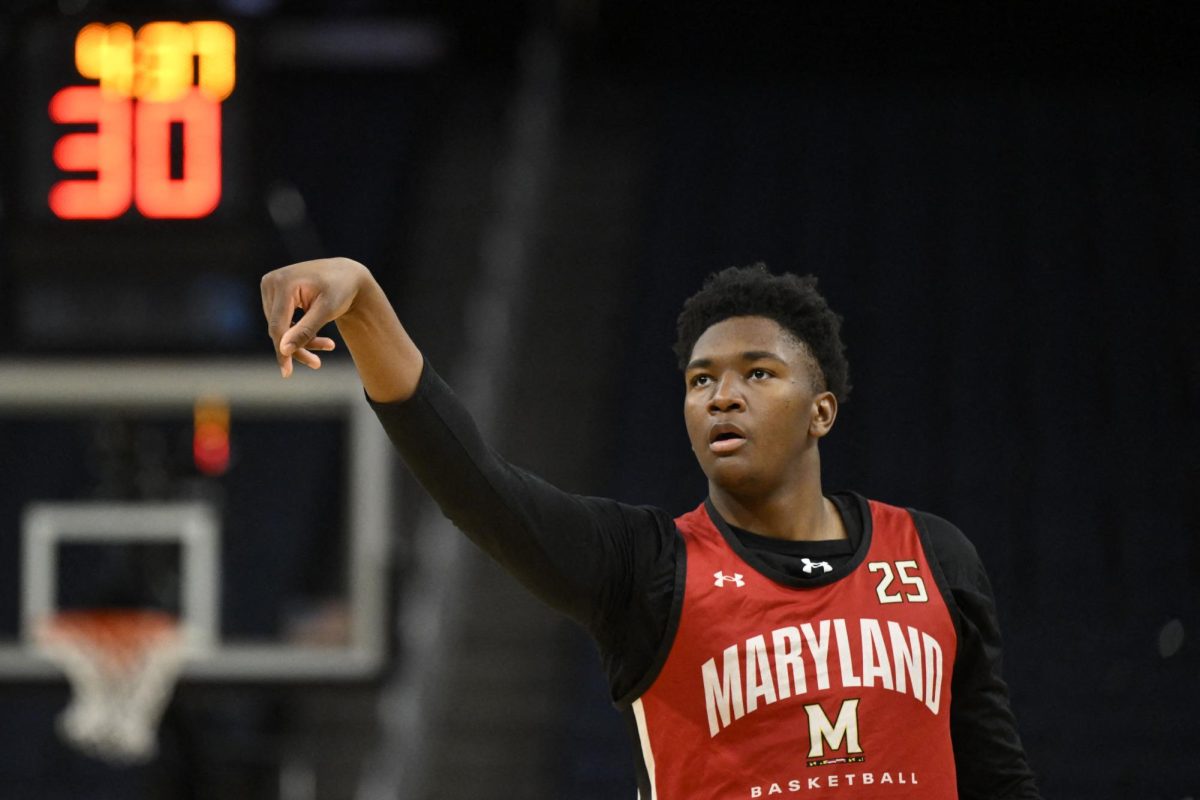
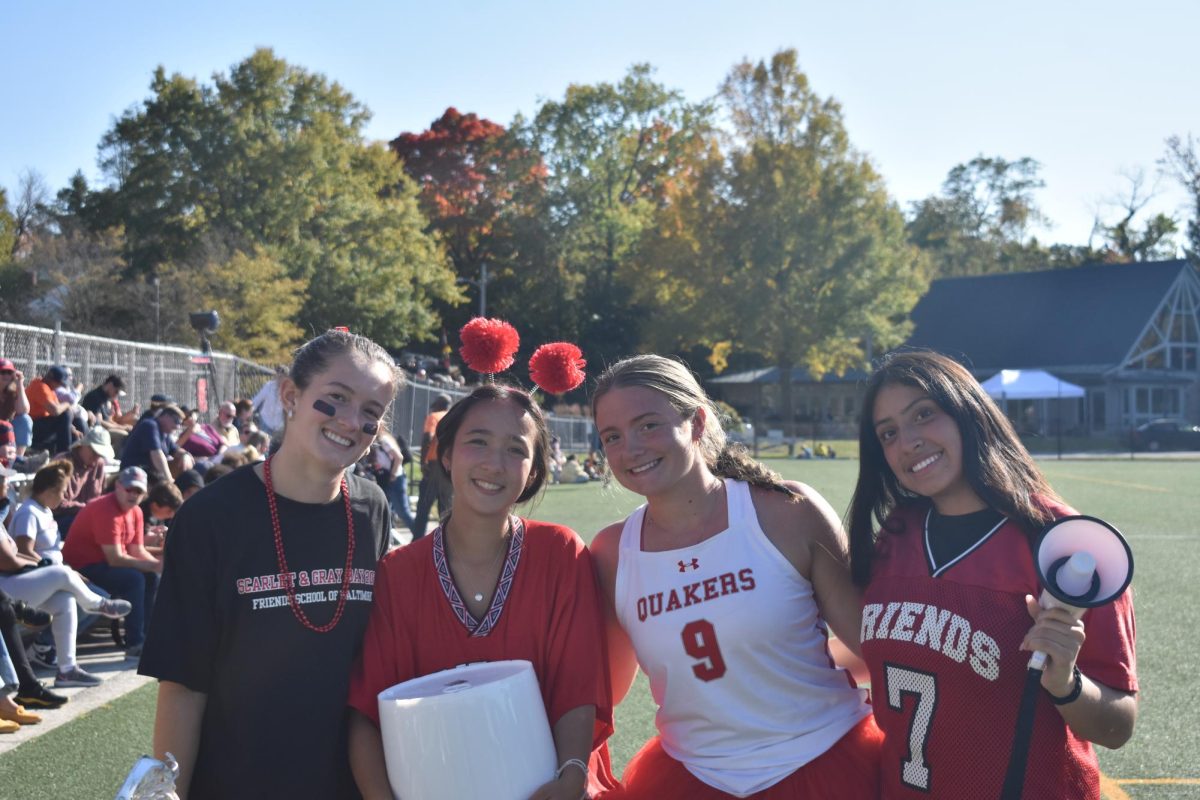
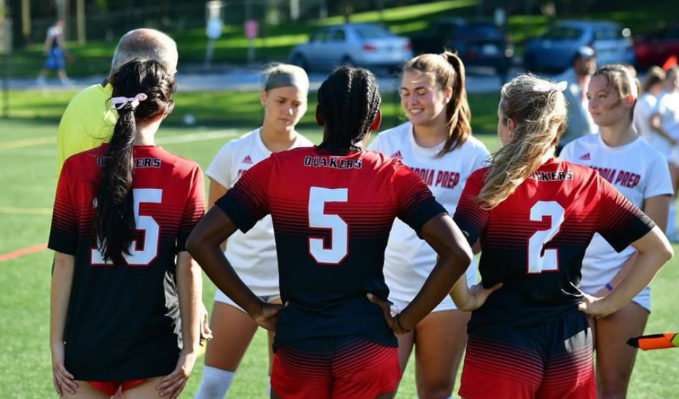

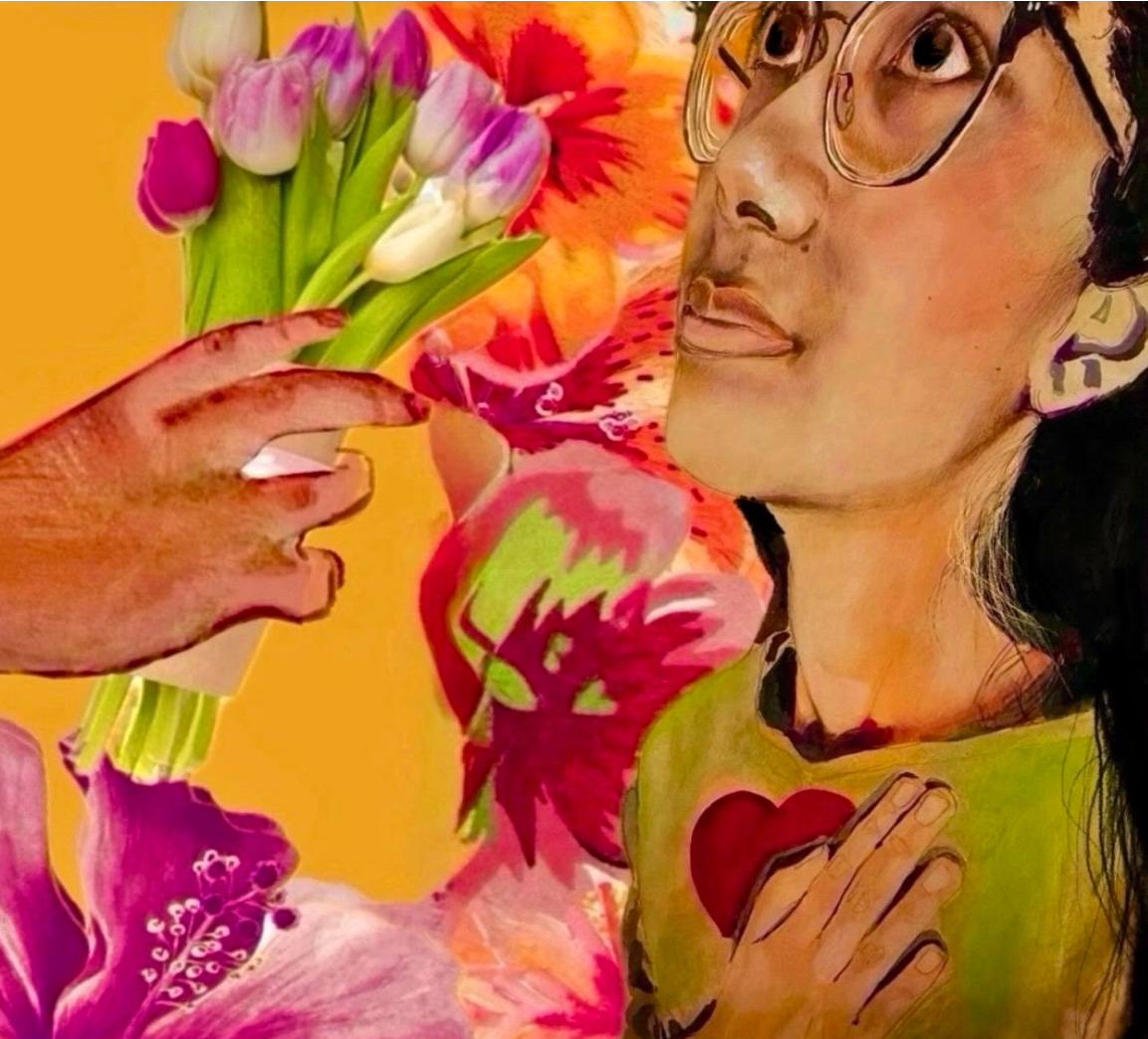

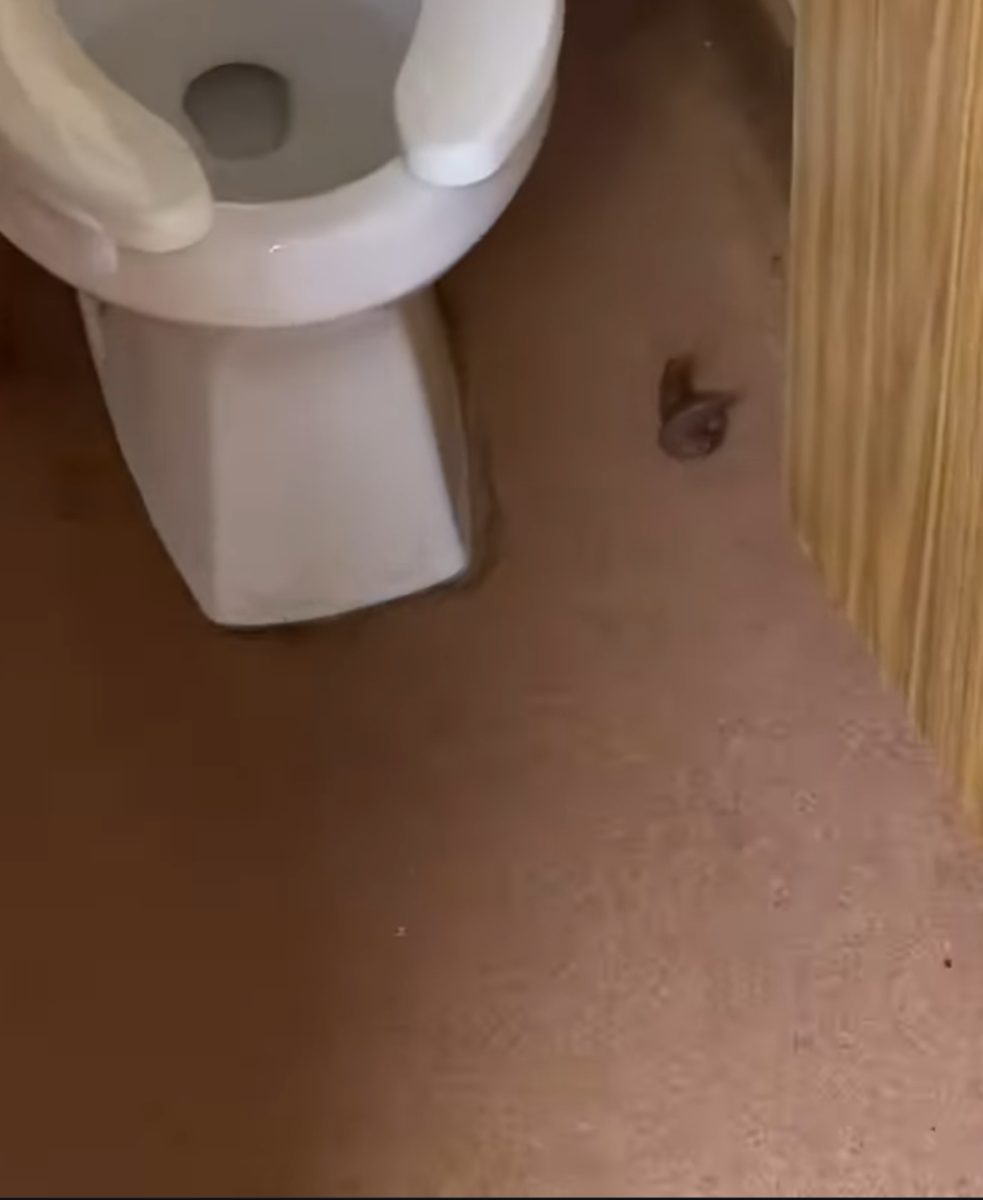


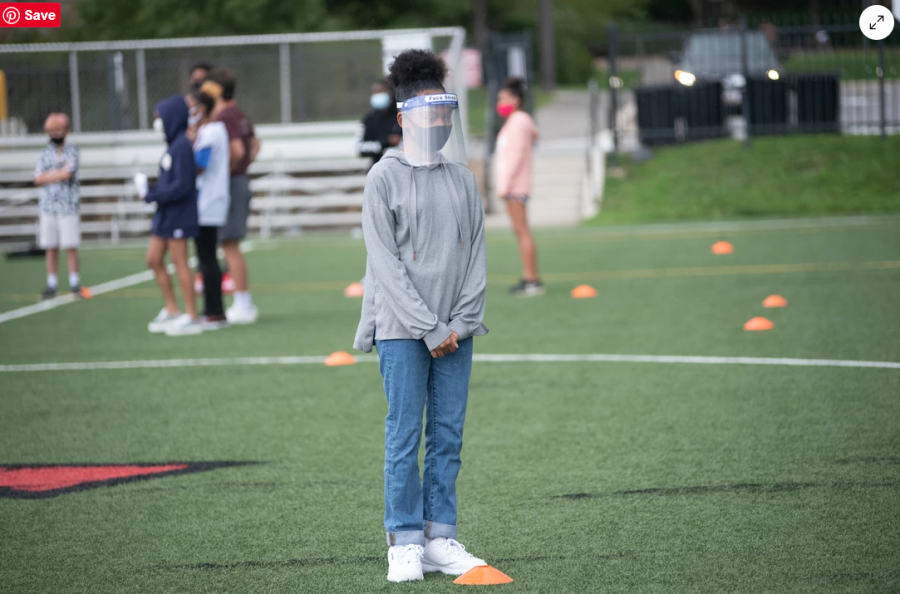


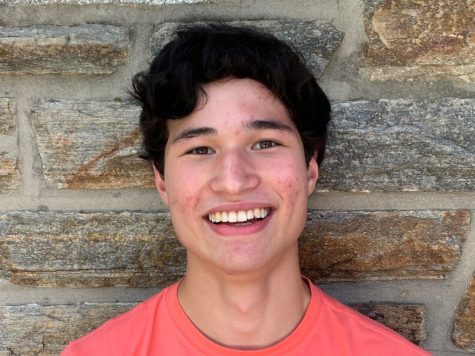

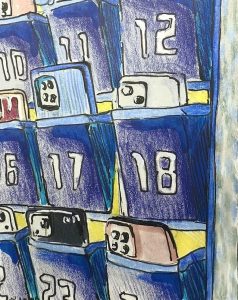

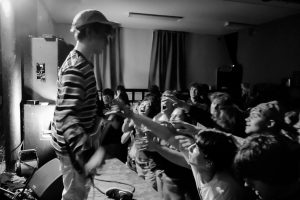

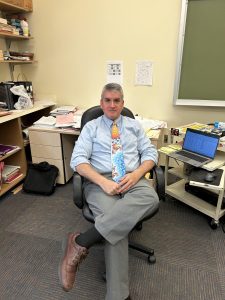
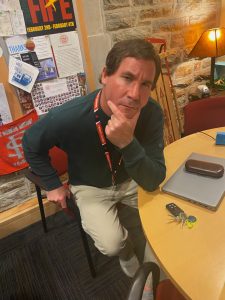


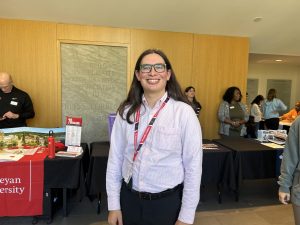
![A Phone Ban at Friends? [Podcast]](https://thequakerquill.org/wp-content/uploads/2025/05/magenta-VrRT19_ZjUY-unsplash-300x225.jpg)
